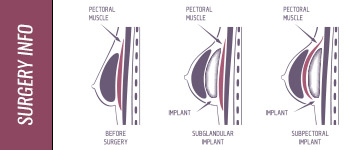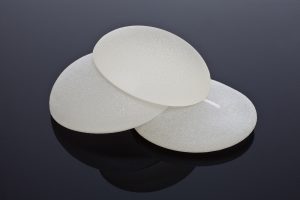There are several types of acne. Some are simply clogged pores while others contain inflammatory bacteria. Understanding the difference between the various types can aid in choosing the proper treatment method.
Comedones – Whiteheads and Blackheads
The most well-known forms of acne are comedones. Whiteheads are closed comedones and blackheads are closed comedones. Both are clogged pores, follicles that are filled with sebum and sloughed off cells. Whiteheads are closed off and have not been exposed to air. Contrary to popular belief, blackheads are not dark because they are just dirt ground into open pores that can simply be scrubbed away. Blackheads are whiteheads turned black because they are exposed to air and oxidize.
Papules
Papules are red or pink bumps that never seem to “come to a head.” Papules are clogged pores or sebaceous glands that are infected with bacteria. They are often tender, and appear to be a whitehead in formation, but it is important not to squeeze or try to force a papule to the surface, as that can cause scarring or further infection.
Pustules
Pustules may at first glance appear to be whiteheads, but they are different. They are yellow or white at the center, but have a pink or red base. These are inflammatory and infected with bacteria. They can leave scars.
Nodules and cysts
Larger than other acne formations, nodules and cysts are more like boils. Both can be very painful, infected with bacteria, can last for months, and are subject to collapse and can cause severe scarring. They both form hard lumps and should be treated by a dermatologist. The primary difference between them is that cysts fill are filled with pus.
In order to properly address any legions or formations it is necessary to understand what you are dealing with. Whiteheads and blackheads are easily dealt with at home. Inflammatory legions, such as papules and pustule, are filled with bacteria and pose a risk of scarring. Nodules and cysts are serious, can cause significant scarring and are often a symptom of a more serious health problem which should be brought to the attention of you health care practitioner.
Even those who practice a regular washing and moisturizing routine can suffer from various forms of acne. Responding to acne with a more vigorous cleansing routine can aggravate the problem. While daily washing and moisturizing can help minimize acne, other underlying causes are usually involved.
If you are experiencing troublesome acne, in any form, contact your dermatologist or skin care specialist today.
Read more articles about skin care.




